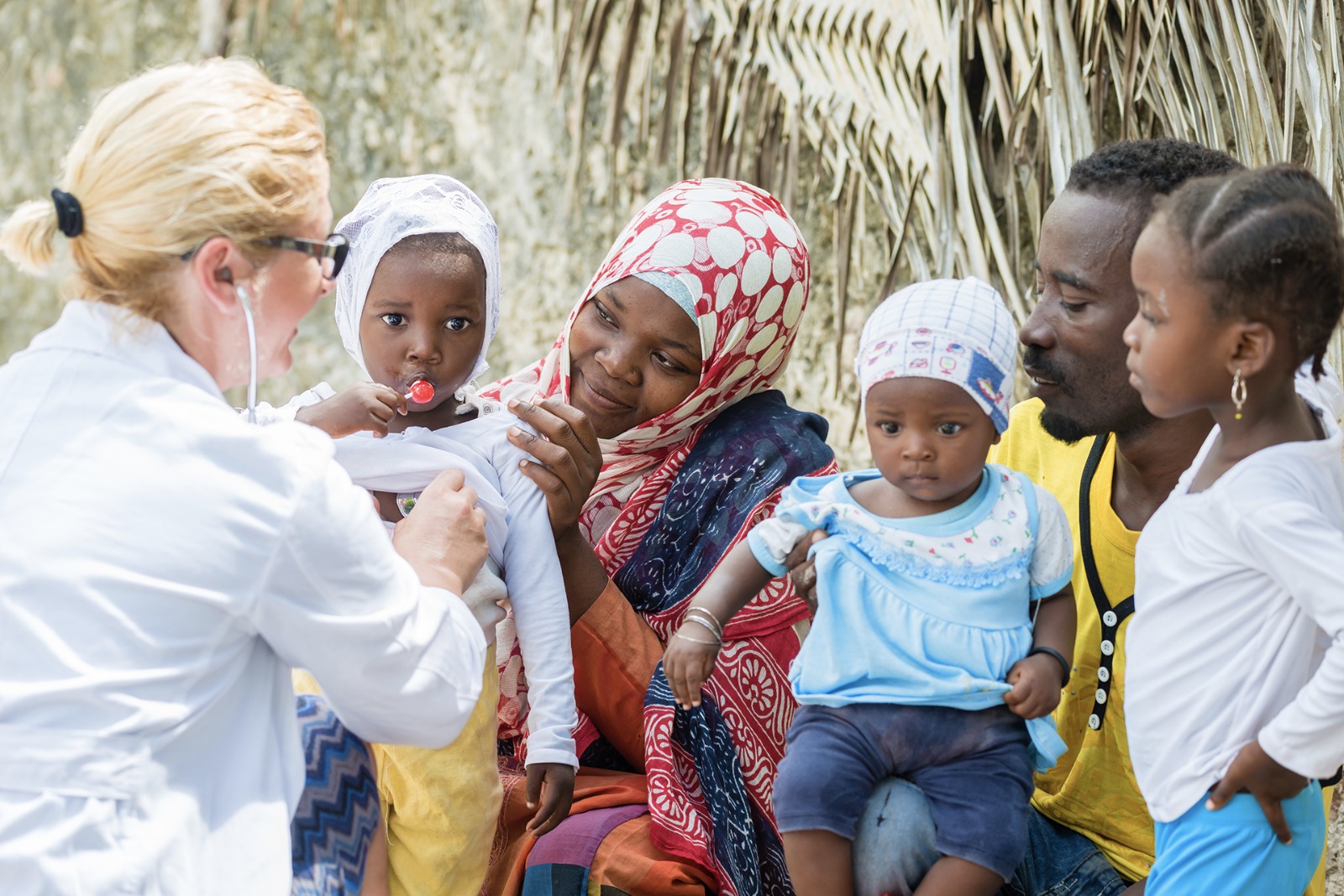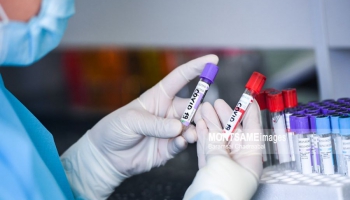
From imposing travel bans to prohibiting mass gatherings and shutting down schools, governments across Africa are increasingly adopting sweeping measures in a bid to curb the spread of the new coronavirus. The emergency moves come amid a worrying rise in the number of infections registered in recent days across the continent after weeks of relatively few reported cases. As of March 19, 33 African countries had reported more than 600 cases and 17 deaths due to COVID-19, the disease caused by the new coronavirus. More than 40 people have recovered. But Tedros Adhanom Ghebreyesus, the Ethiopian director-general of the World Health Organization (WHO), said on Wednesday that the number of cases in the continent was likely higher and urged African countries to “wake up” to the increasing threat. “The best advice for Africa is to prepare for the worst and prepare today,” he said. His warnings came as Nigeria, the continent’s most populous country, barred entry to arrivals from 13 badly-hit countries. A host of other African countries have taken similar measures – especially in relation to travel from Europe,
‘What about those who can’t access water?’
First detected in China late last year, the new coronavirus has rapidly swept through the globe, prompting the WHO earlier this month to declare the outbreak a pandemic. The wide and rapid rise in the number of cased prompted countries around the world to close borders, place citizens under lockdown and promote social distancing measures in a bid to slow the spread of the virus.
While COVID-19 so far has no known treatment regiment, experts recommend a series of actions that can minimise the risk of infection, including the frequent and thorough washing of hands with soap and water.
Heeding the WHO’s calls, the presidents of Senegal and Rwanda, Macky Sall and Paul Kagame, have taken part in the agency’s #SafeHands social media campaign to show proper hand-washing practices. Other African leaders including South African President Cyril Ramaphosa and his Liberian counterpart, George Weah, have urged their citizens to avoid handshakes and use alternative greetings.
Almost from the onset of the health emergency, the WHO had warned of the risk that COVID-19 could spread to countries with weaker health systems, including in sub-Saharan Africa, where poor sanitation facilities, the proliferation of informal economy and urban crowding pose additional challenges in the efforts to combat the highly infectious disease.
“Sensitisation in rural and informal settings is inadequate,” Kenyan epidemiologist Nelly Yatich said.”Also, you are telling people to wash their hands, but what about those that don’t have access to water? How do you do social distancing in an informal settlement?”
James, a resident of Kibera, an informal settlement in Nairobi, described the challenging situation. “Many people are cramped together in small spaces,” he said. “A lack of water is the norm, so washing hands is another issue. Also, people here live hand-to-mouth, they have to go to work regardless of what symptoms they are showing.
Schools shut, gatherings banned
Alongside the recently imposed travel bans, countries such as Senegal, Rwanda, South Africa, Kenya, Ethiopia, Zambia and Tanzania are among those to have closed educational facilities.
Most countries, including Botswana, Ghana and Ethiopia, have placed a ban on sporting events. Other nations such as the Democratic Republic of the Congo, Rwanda and Ghana have also banned gatherings at places of worship.
In Kenya, which has so far registered seven cases, the government has urged employers to facilitate work from home for their staff and called on people to make cashless transactions. Some parts of the country like Makueni County have suspended market days while authorities in Mombasa County have ordered nightclubs to remain shut for 30 days.
Yatich said 35 isolation centres have been set up in the country but noted that they are inadequately equipped, leaving healthcare workers already lacking enough protective gear and training at risk.
A healthcare worker in Kenya’s capital, Nairobi, who asked to remain anonymous, said she and her colleagues were terrified of contracting the virus, citing lack of water and sanitisers in the hospital she works at.



![Ulaanbaatar [1.4 million people get first dose of COVID-19 vaccine]](https://www.capitalsinitiative.org/wp-content/uploads/thumbs_dir/60a1e65c706f1-1y44tn2lku72ys2oyrnxem2r2g6vp4si1kmalxcjaug4.jpeg)
![Ulaanbaatar [Over 1.5 million involved in COVID-19 testing nationwide]](https://www.capitalsinitiative.org/wp-content/uploads/thumbs_dir/6010fd2a7d4f2-1xlr25fmpk06yhym156ag12rpcvacepvna64fmsptc4k.jpeg)

![Ulaanbaatar [Hair and beauty salons, non-grocery stores reopen today]](https://www.capitalsinitiative.org/wp-content/uploads/thumbs_dir/600baab4cff61-1xlr1u6xb5g4y36pw0dcqpiw8pax34lczrv0lk7tvj50.jpeg)
